
Over the past year, China's film industry has demonstrated unprecedented vitality and influence, charting a trajectory that extends beyond domestic box-office strength to significant global resonance. This dual rise in both the quantity and quality of Chinese cinema is reshaping industry benchmarks and reflects a deeper shift in how cultural products circulate in an increasingly multipolar world.
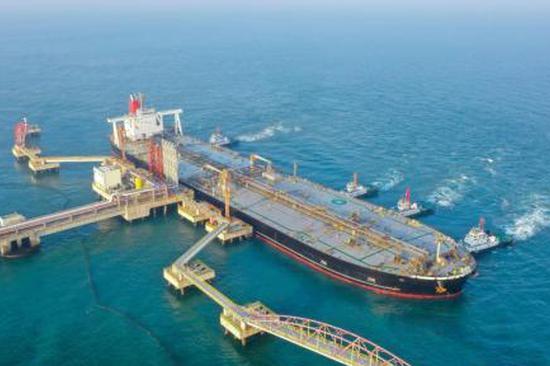
The island-wide special customs operations mark the beginning of a new stage in the opening-up and development of the Hainan Free Trade Port.
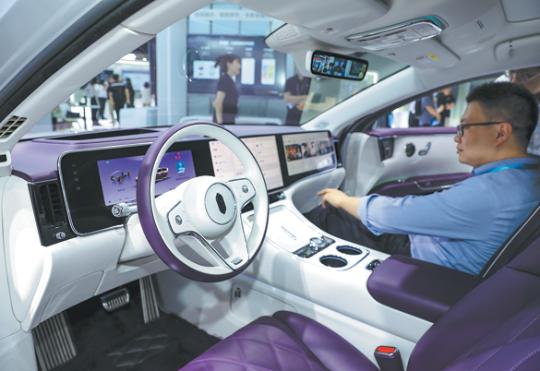
China's premium vehicle market is witnessing a rapid shift as homegrown brands break longstanding price and brand barriers in the ultra-luxury sedan segment, and put an end to the dominance of traditional foreign marques.

Consumers check out cosmetics at a shopping center in Haikou, Hainan province, on Dec 18.Specifically, duty-free sales in the city hit 102 million yuan on Monday, following a strong streak that began on Dec 18.
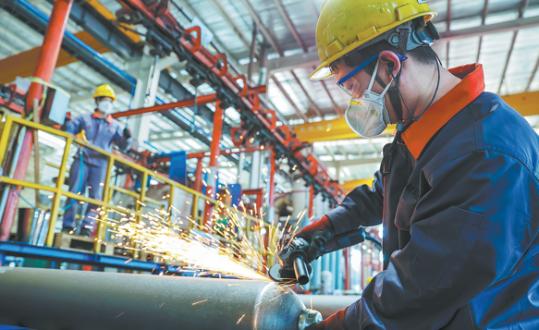
China's private enterprises cemented their position as the country's main engine of innovation, jobs and green transition in 2024, accounting for more than 90 percent of high-tech firms and emerging as the largest contributor to high-tech trade for the first time.
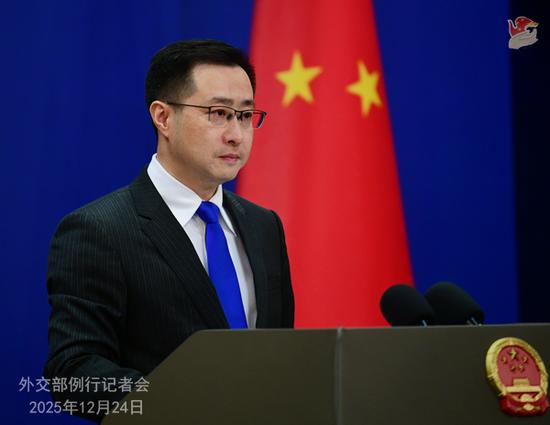
China firmly opposes the U.S. slapping tariffs and going after Chinese companies, said Chinese Foreign Ministry spokesperson Lin Jian at a regular press conference on Wednesday.

Chen Hongna, an associate researcher at the Development Research Center of the State Council, said this demonstrates China's commitment to sharing development opportunities with its trading partners.
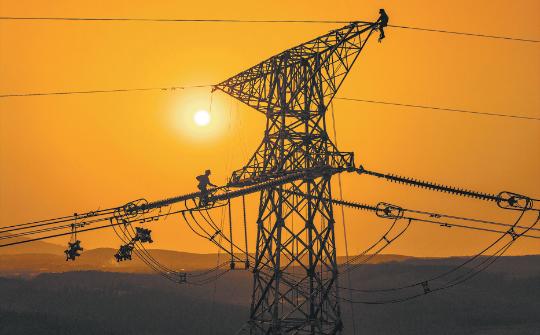
China Changan Automobile Group, one of three centrally administered State-owned automotive groups, was established in July through a restructuring of the former Changan Automobile and some other companies.
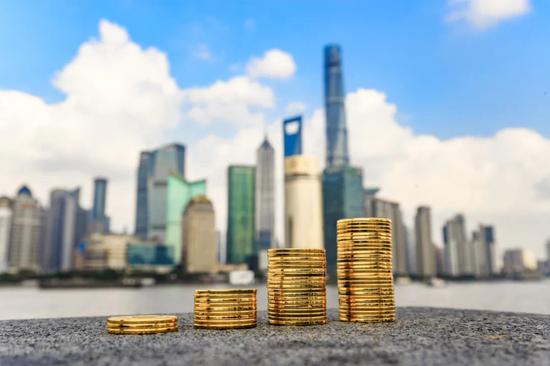
China's appeal as a destination for foreign capital is set to strengthen further as policymakers move to stabilize expectations, while the country's vast market and accelerating industrial upgrading continue to reinforce its long-term attractiveness amid an uncertain global backdrop, said market observers and business executives.
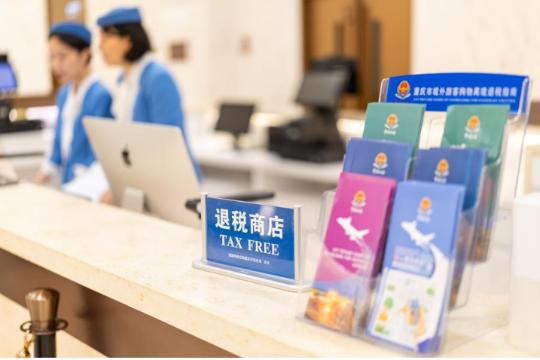
Speaking at an event held by the China Center for International Economic Exchanges, Han called for improving the inbound consumption environment and building the "Shopping in China" brand.
President Xi Jinping recently delivered important instructions on the work of the state-owned enterprises (SOEs) directly administered by the central government, noting that since the 18th National Congress of the Communist Party of China (CPC), central SOEs have earnestly implemented the decisions and arrangements of the CPC Central Committee, actively served national strategies, and played a pivotal and backbone role in the development of the national economy.

Chinese e-commerce platform JD.com has confirmed night that a theft had occurred at one of its warehouses in France, saying local police have launched an investigation and operations have since resumed normally.
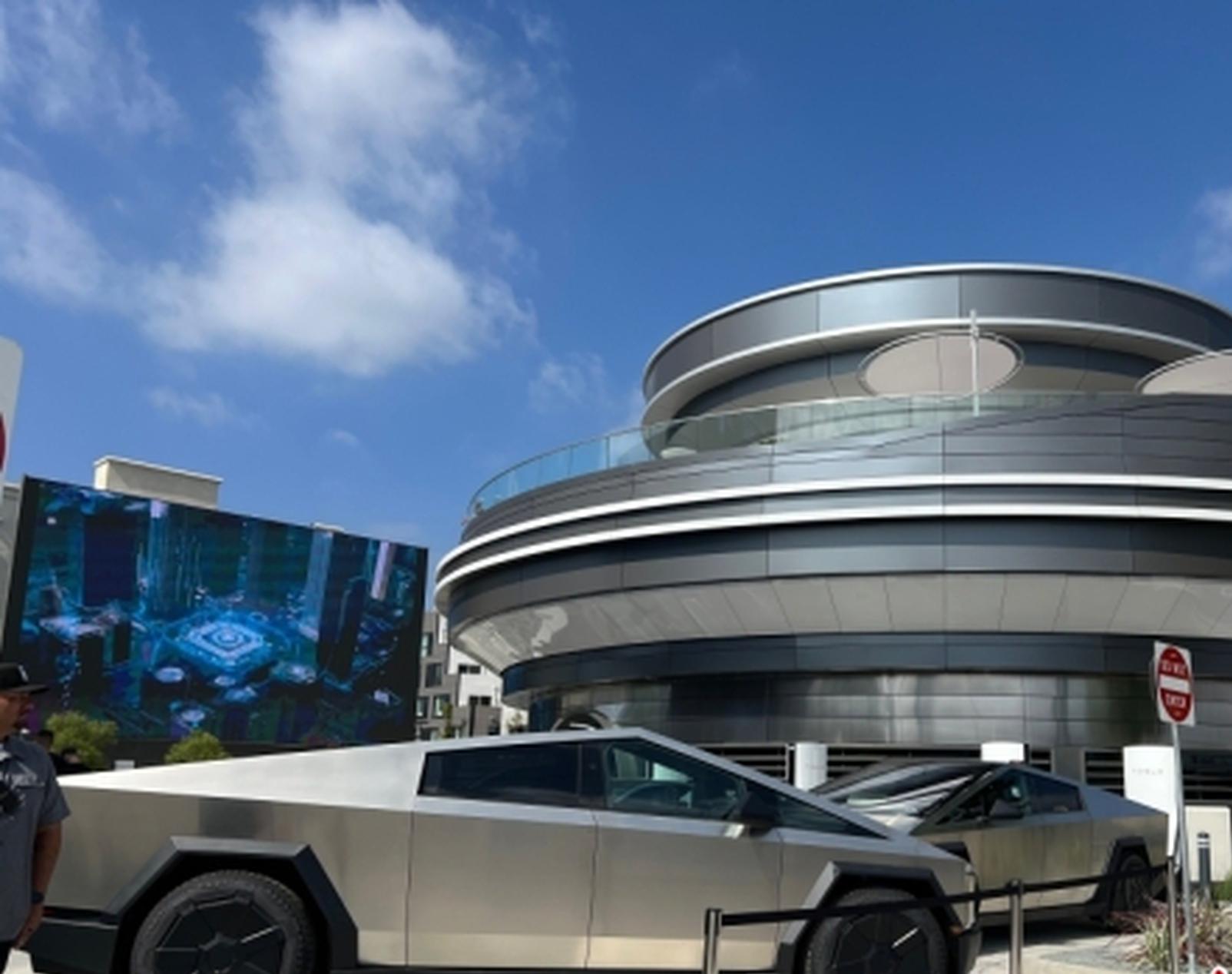
Sales of cars made by Tesla, the company run by Elon Musk, have slumped nearly 40 percent in the European Union this year, data from the European Automobile Manufacturers’ Association showed on Tuesday.
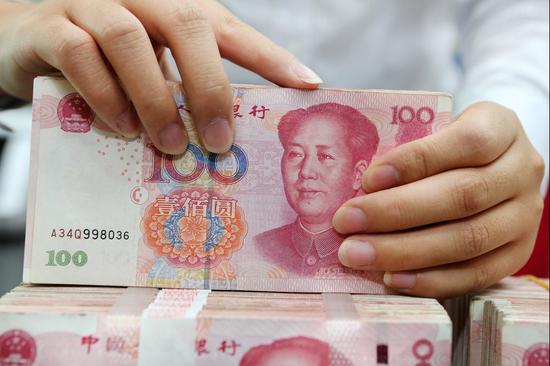
China's efforts to scale up effective investment, with a particular focus on encouraging private sector participation and increasing investment in human capital, will play a key role in boosting domestic demand next year, officials and experts said.

China's top housing authority has pledged to stabilize the real-estate market, rolling out a package of measures centered on city-specific policies to reduce inventories and optimize housing supply.
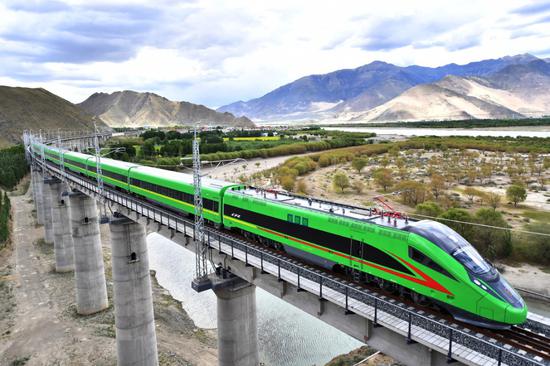
With more than 3.6 trillion yuan ($512.2 billion) in transport investment and the addition of over 2,000 kilometers of high-speed rail and about 8,000 km of expressways expected in 2025, China's transport sector delivered steady growth and stronger services, officials from the Ministry of Transport said at a news conference in Beijing on Tuesday.
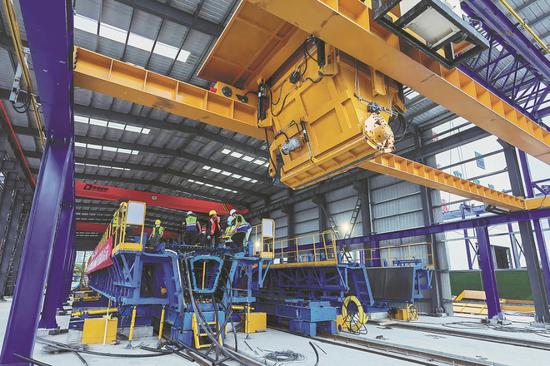
23 (Xinhua) -- Chinese President Xi Jinping has called on the state-owned enterprises (SOEs) directly administered by the central government to better serve the overall work of the Party and the country and contribute more to Chinese modernization.

China's cross-regional passenger trips are expected to exceed 66 billion by the end of 2025, while commercial freight volume is projected to surpass 58 billion metric tons, both growing by around 3.5 percent year on year, Li Yang, vice minister of transport, made the remarks at a press conference on Tuesday.

As of Sunday, the animated hit Zootopia 2 had grossed more than $539 million at the Chinese box office, while its global box office total reached $1.276 billion, according to Box Office Mojo by IMDbPro.
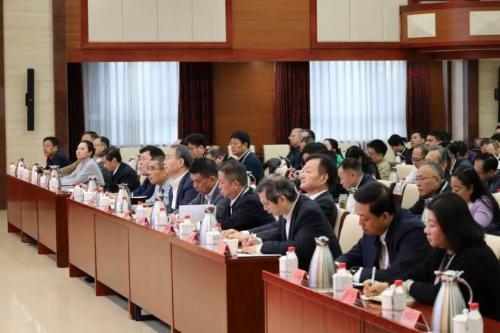
The recently concluded Central Economic Work Conference held in Beijing emphasized the need to promote deep integration of technological innovation with industrial innovation.

China has urged the Dutch government to immediately revoke its administrative order against semiconductor manufacturer Nexperia, an overseas subsidiary owned by Chinese company Wingtech Technology Co, according to the Ministry of Commerce.
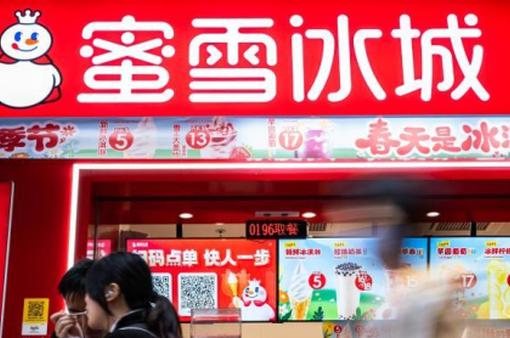
After becoming established in the Southeast Asian market, Chinese new-style tea brands are now turning to dig gold in the United States, looking for new opportunities.

Indonesia has finalised details of a tariff deal with the United States, a senior minister said, with the leaders of both countries expected to sign it next month.
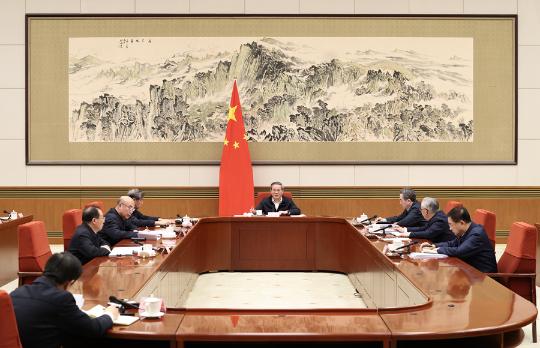
Chinese Premier Li Qiang has called for further efforts to formulate a draft outline of China's 15th Five-Year Plan for Economic and Social Development.
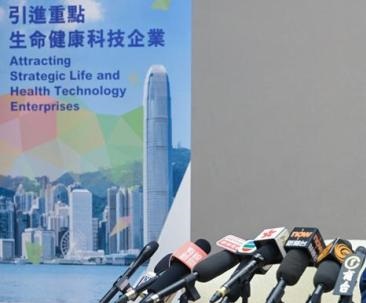
AstraZeneca has entered a global licensing agreement with Jacobio Pharmaceuticals, a Hong Kong-listed Chinese biotech company, to develop and commercialize a clinical-stage KRAS cancer drug candidate, the two companies announced on Monday.
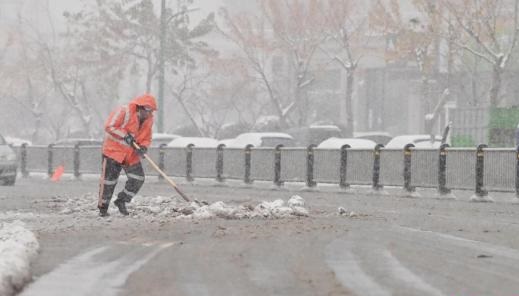
China has achieved fruitful results in protecting the rights of flexible workers and people serving in new forms of employment such as food deliverymen and women and ride-hailing drivers, which is of great importance to the realization of high-quality and fuller employment, and also social stability.
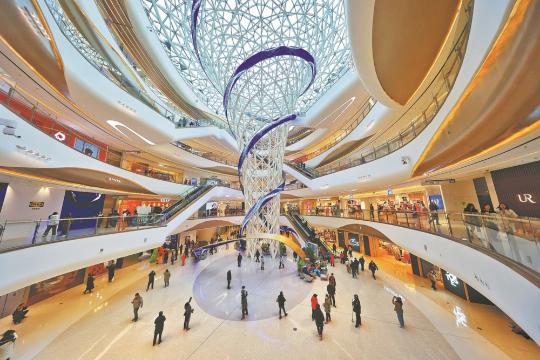
Beijing will further enhance its services to attract more international brands in debuting their products and innovating diverse scenarios, in a bid to build itself into an international shopping hub, said an official with the Beijing Municipal Commerce Bureau.
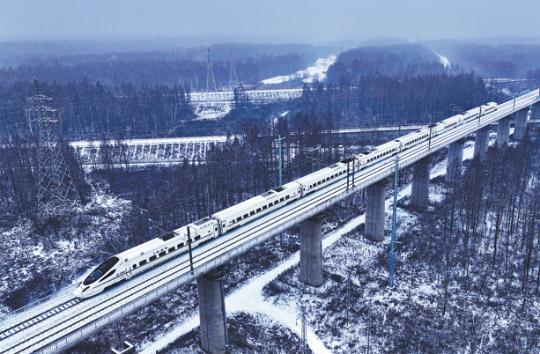
China's self-developed technology in high-speed railways is making significant progress in both technological innovation and operational capability.
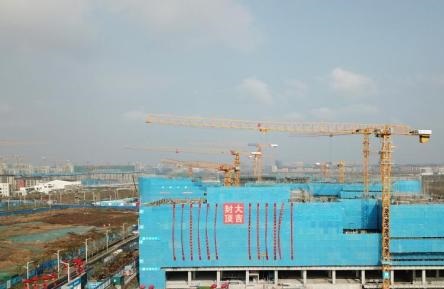
The company has also reached relevant cooperation agreements with Brazil's State-owned telecommunications company TELEBRAS and Thailand's National Telecom Public Co Ltd, among others, according to Li.

China's autonomous driving industry is accelerating toward the commercialization of autonomous taxis, as leading enterprises optimize their technological frameworks and business models to meet growing market demand.
 京公网安备 11010202009201号] [京ICP备05004340号-1]
京公网安备 11010202009201号] [京ICP备05004340号-1]